
College of Arts and Sciences announces 2026 Klarman Fellows
The 12 early-career scholars will pursue research in the sciences, social sciences and humanities.
 Department Homepage
Department Homepage
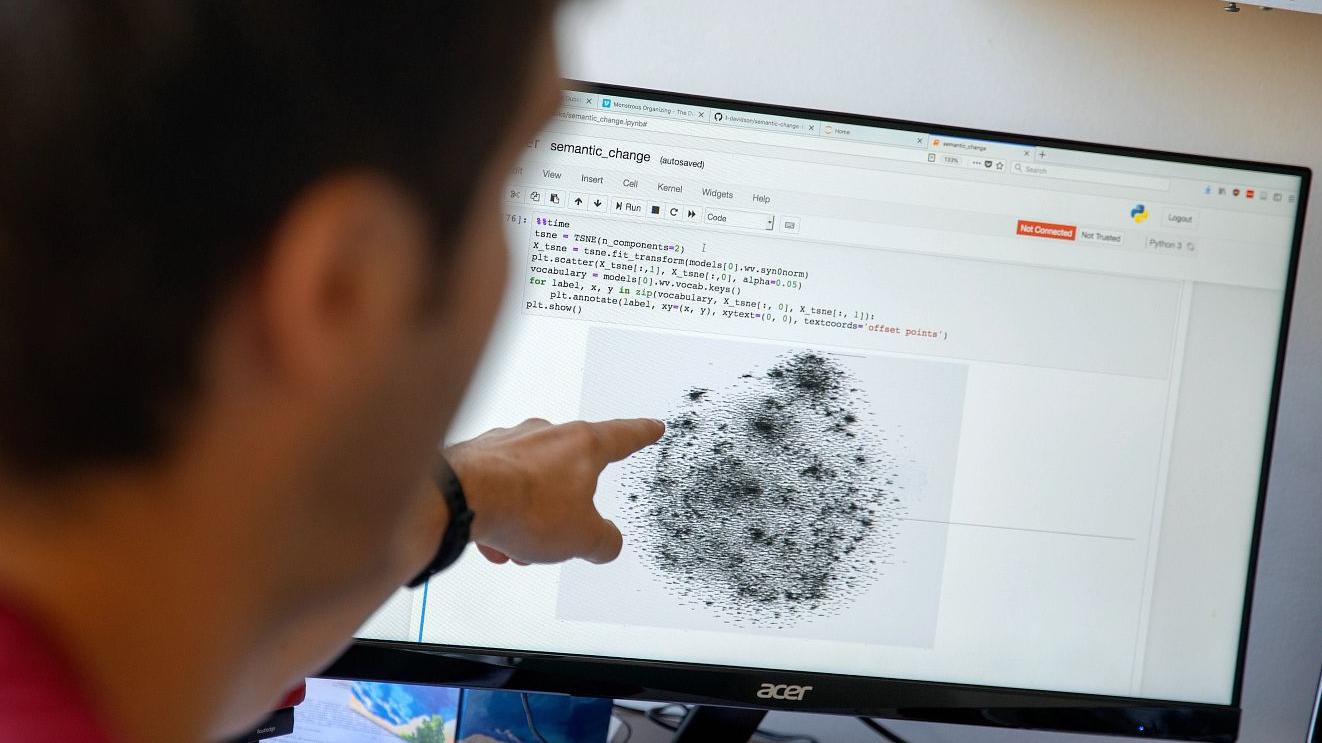
The department is known for the cutting-edge research of its faculty and for its exceptionally strong graduate and undergraduate training programs.
The department’s focus on basic science is complemented by a deep commitment to informing public and educational policy, particularly on issues related to gender and racial inequality, income inequality, poverty, drug use, economic development, school funding, organizational practices and race and ethnicity.

The 12 early-career scholars will pursue research in the sciences, social sciences and humanities.

Prof. Cristobal Young researches whether high earners actually move when their taxes go up, finding that Millionaires have low migration rates.
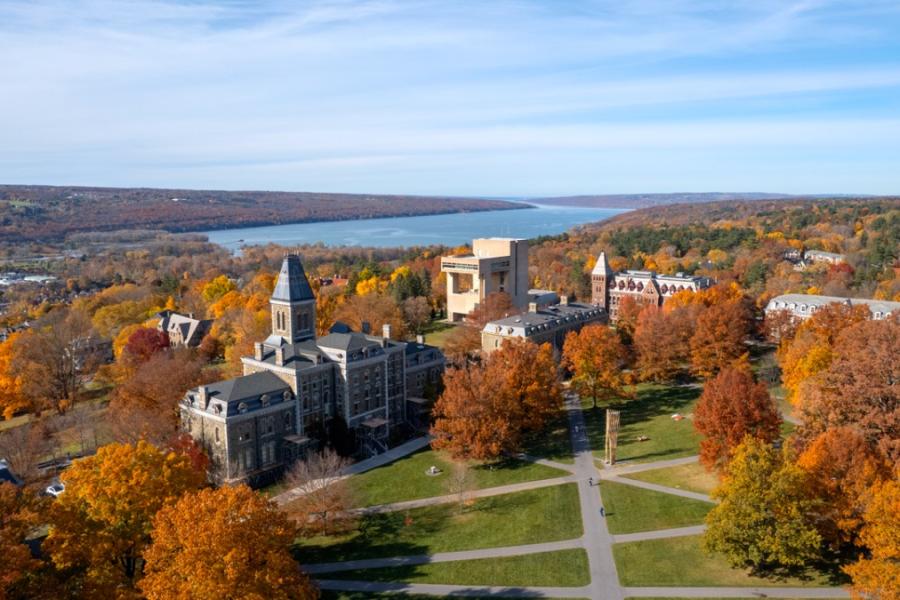
The Cornell Center for Social Sciences offers multiple grants to help Cornell faculty maximize their research impact. These awards help seed ambitious projects and provide support to teams of faculty applying to major external funding and collaboration opportunities.
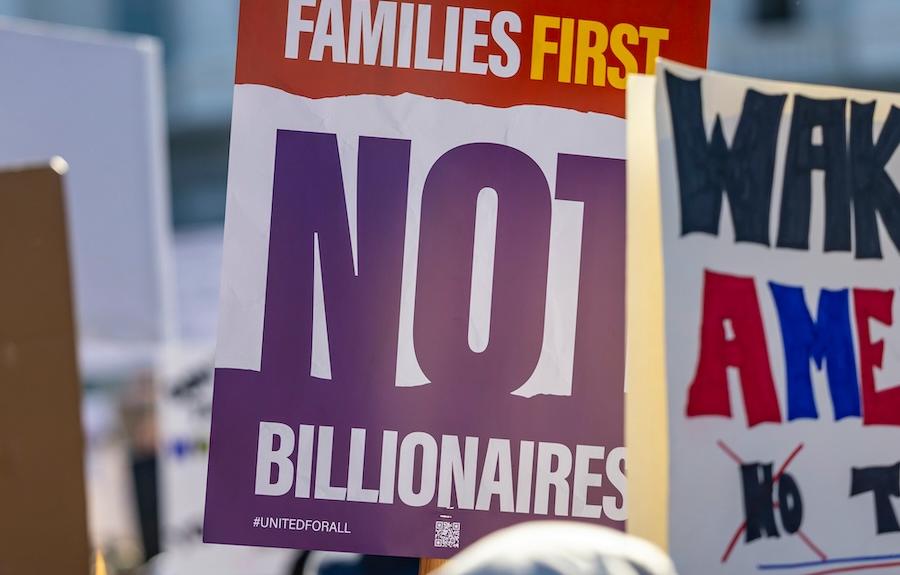
Cristobal Young, sociology professor, comments on taxing unrealized capital gains in CA.
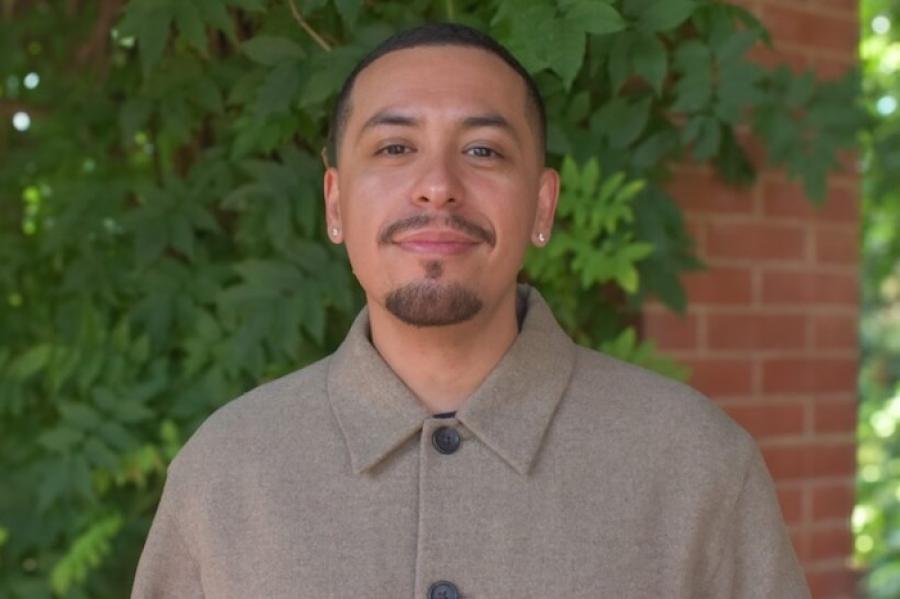
Raul Armenta, a doctoral student in sociology from Los Angeles, studies the intersection of education and the criminal legal system under the guidance of Bryan Sykes.
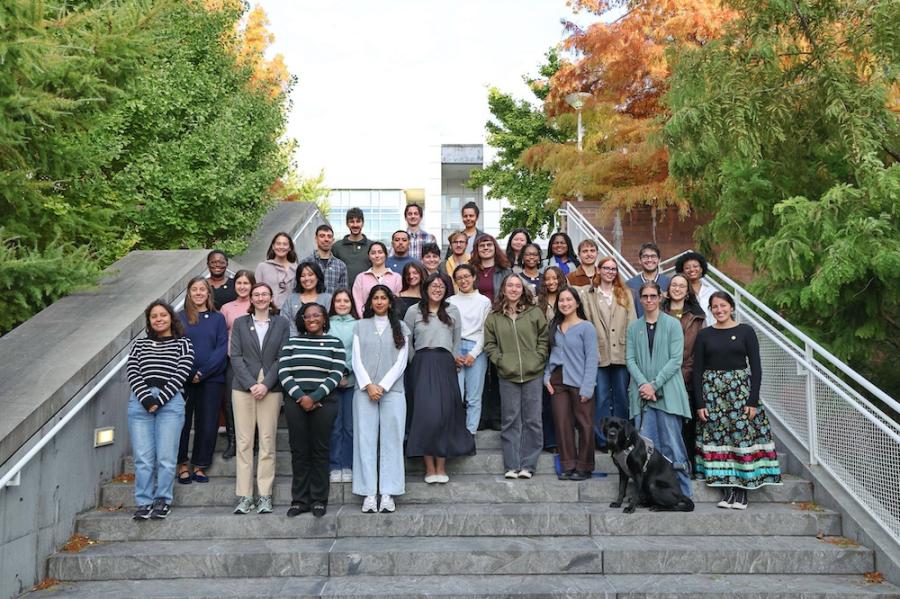
A&S-affiliated graduate students were among nearly 60 welcomed by the Graduate School as new Dean’s Scholars at an event to honor students selected for this distinction for academic excellence, leadership, and service.
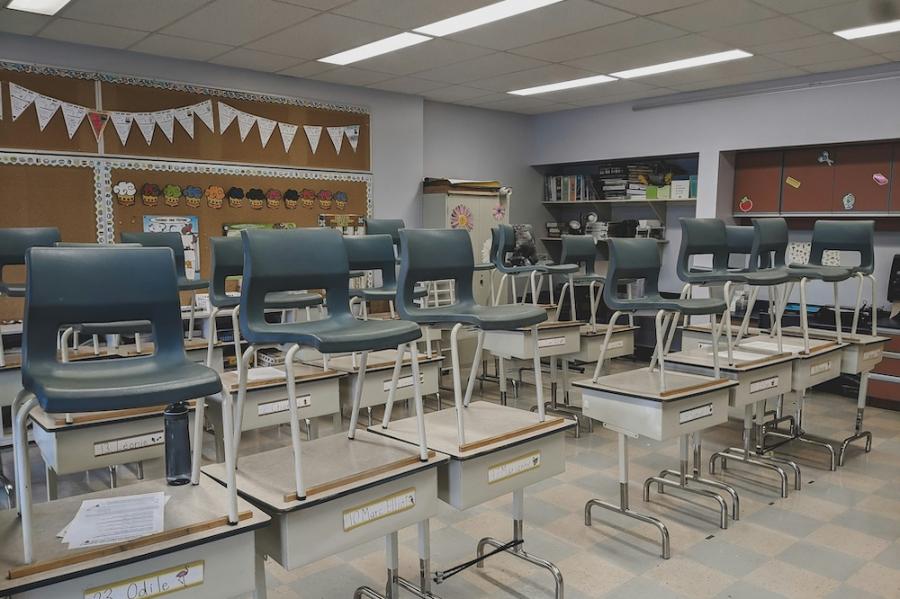
Coordinated efforts across Texas, Louisiana, and Arkansas requiring public schools to display the Ten Commandments "test whether American public schools belong equally to all families—or whether some families' faith gets privileged by law while others' gets diminished by the state.”

Liberals and conservatives both oppose censorship of children’s literature – unless the writing offends their own political ideology, showing how a once-bipartisan issue has become polarized.

Sociology is the study of social life, social change, and the social causes and consequences of human behavior. Sociologists investigate the structure of groups, organizations, and societies, and how people interact within these contexts.
Because all human behavior is social, the subject matter of sociology ranges from the intimate family to the hostile mob; from organized crime to religious cults; from the divisions of race, gender, and social class to the shared beliefs of a common culture; and from the sociology of work to the sociology of sports.
Because sociology addresses the most challenging issues of our time, it is a rapidly expanding field whose potential is increasingly tapped by those who craft policies and create programs.
If you think you might be interested in Sociology, start by taking a class. Or, learn more about the major.
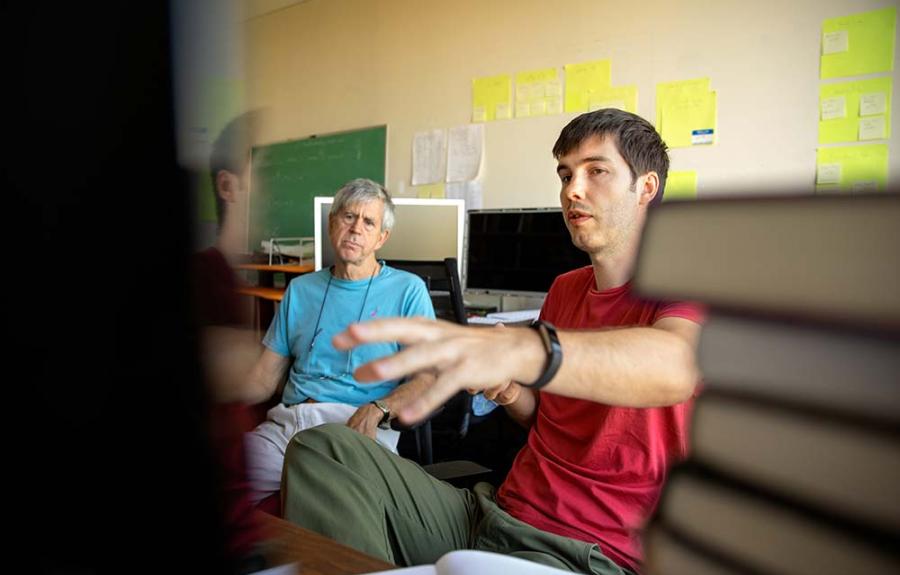
Cornell’s Graduate Field of Sociology provides top-notch training toward the PhD in Sociology, and has long been known for its emphasis on both theoretical innovation and methodological rigor. The Field, which is much larger than the Department, has close to thirty faculty members.
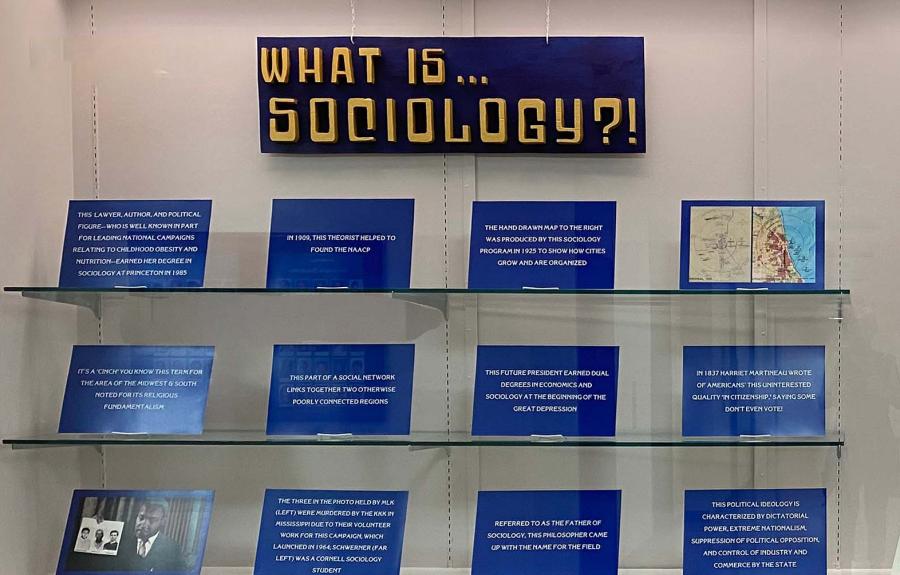
Check out the Department's Jeopardy! display case on the 3rd floor of Uris Hall and the corresponding Jeopardy! page, home to solutions, history, and a place where you can share your trivia ideas with us.